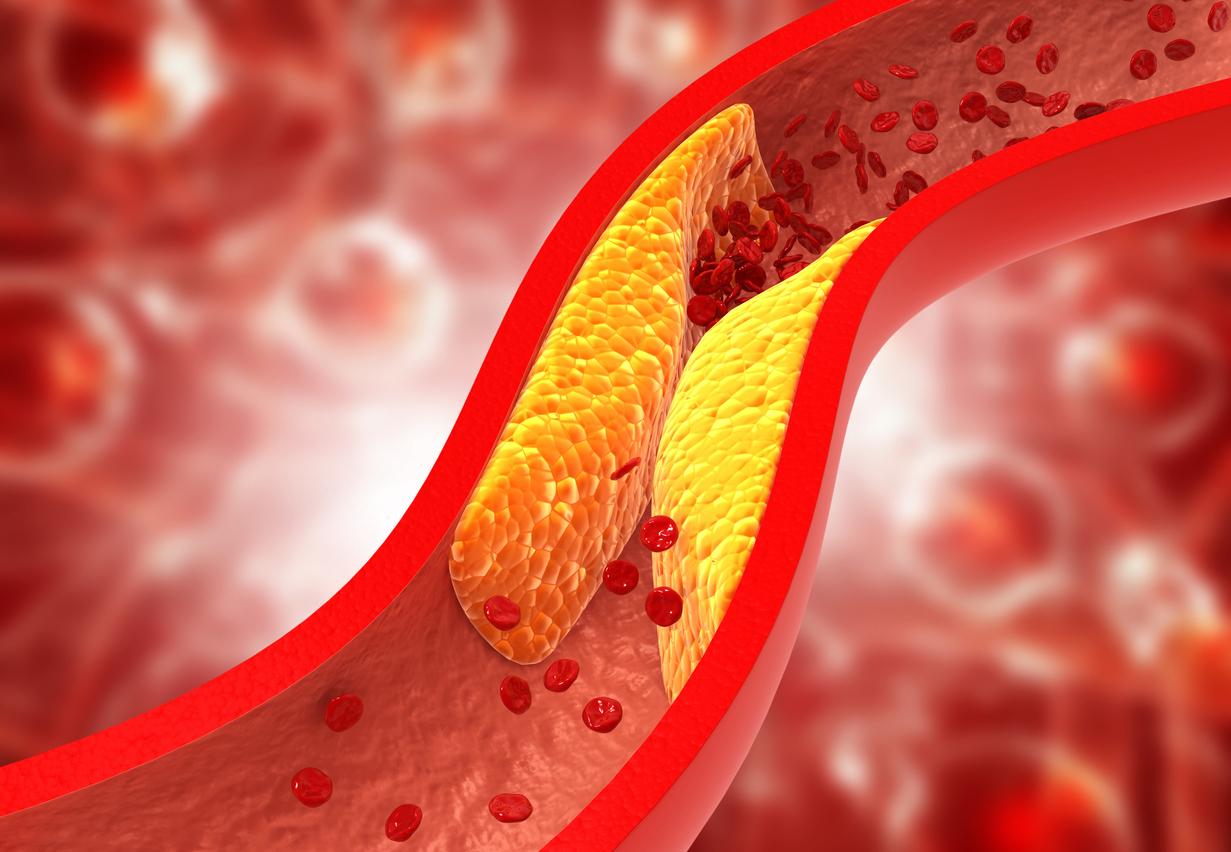A new study shows that early use of bempedoic acid can significantly reduce the risk of death from cardiovascular disease in statin-intolerant patients.

- About 1 in 10 patients have statin intolerance. Bempedoic acid is one of the alternatives then to reduce bad cholesterol.
- According to a new study, bempedoic acid significantly reduces the risk of death from cardiovascular disease in patients intolerant to statins.
- This treatment is also associated with a 30% reduction in major cardiac events.
Statins are a common type of cholesterol-lowering drug that helps lower the amount of bad cholesterol in the blood, but about one in ten patients have an intolerance to these drugs. Bempedoic acid, an alternative to this treatment, shows very promising results for the latter.
Bempedoic acid reduces risk of death from cardiovascular disease
Researchers wanted to study the effects of bempedoic acid on cardiovascular outcomes in statin-intolerant patients. For this, they recruited 13,970 patients intolerant to the widely used anti-cholesterol treatment, 4,206 of whom had risk factors for heart disease but had no previous cardiac event. 67% had diabetes and 59% were women.
The findings, presented at the American Diabetes Association’s 83rd Scientific Sessions in San Diego and simultaneously published in the journal The Journal of the American Medical Associationshows that bempedoic acid significantly reduces the risk of death from cardiovascular disease in patients intolerant to statins.
Bempedoic acid: a 30% reduction in cardiac events
In detail, the study showed a 22% reduction in bad cholesterol with bempedoic acid in participants. Which is encouraging since high cholesterol is considered one of the main risk factors for heart disease. Treatment taken over 40 months was also associated with a 30% reduction in major cardiac events and a 39% reduction in the risk of death from heart disease.
Study results demonstrated that early use of bempedoic acid can significantly reduce the risk of death from cardiovascular disease in statin-intolerant patients, particularly in patients with diabetes.
“We know that early preventive measures are essential to slow the progression of heart disease, especially for people with comorbidities like diabetes”explained the study’s lead author, Dr. Steven E. Nissen, of the Heart Vascular & Thoracic Institute at Cleveland Clinic in a communicated. “The results presented today remind the medical community that patients with risk factors for coronary heart disease and high cholesterol, especially those with diabetes, should be treated with cholesterol-lowering medication.”















